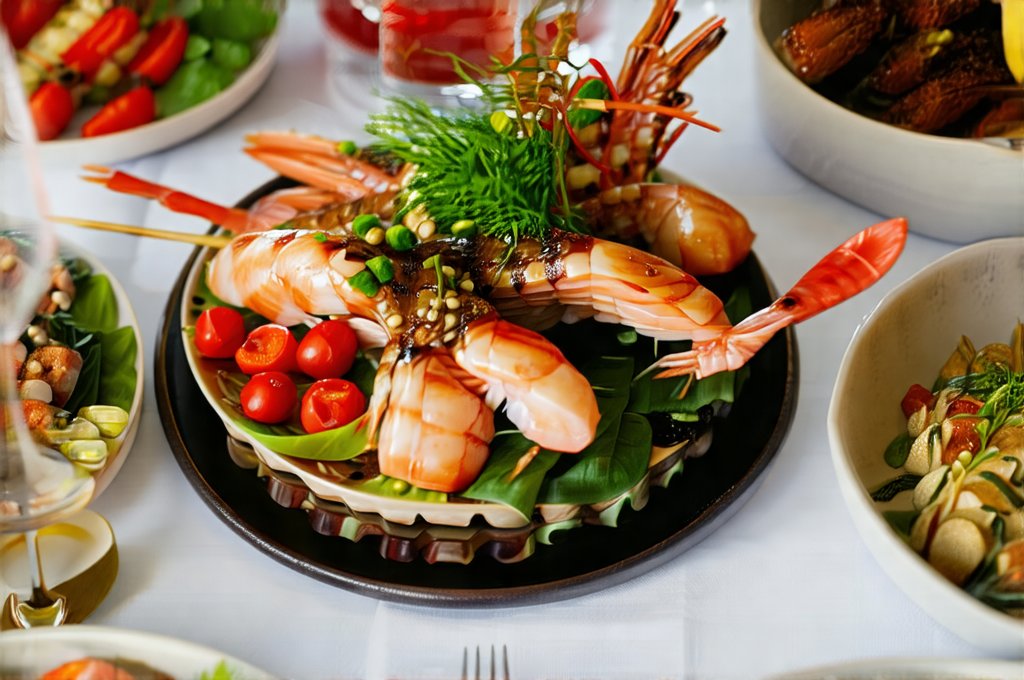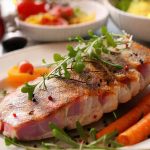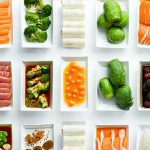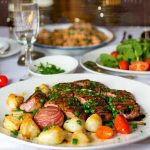Social events are often centered around food – celebrations, networking opportunities, even casual gatherings frequently involve shared meals and snacks. For individuals managing acid reflux (heartburn), these situations can present a significant challenge. The combination of tempting foods, larger portions than usual, social pressure to indulge, and potentially stressful environments can all contribute to uncomfortable symptoms. Navigating these events while minimizing reflux triggers requires planning, awareness, and a set of practical strategies that allow you to enjoy the occasion without sacrificing your well-being. It’s about finding a balance between participating in social life and protecting your digestive health—a delicate but achievable goal.
The fear of experiencing heartburn shouldn’t lead to social isolation or restrictive diets that leave you feeling deprived. Instead, it’s an invitation to become proactive about managing your condition within the context of real-life scenarios. This isn’t about eliminating enjoyment; it’s about empowering yourself with knowledge and techniques to approach these events confidently, knowing you have a plan in place to support your comfort. It’s important to remember that everyone experiences digestive discomfort occasionally, and there is no shame in prioritizing your health needs – even when those needs require making thoughtful choices at a party or dinner. Understanding are you eating the right amount can also play a role.
Pre-Event Preparation: Setting Yourself Up for Success
The most effective reflux management often begins before the event itself. Proactive preparation can significantly reduce the likelihood of symptoms arising during social gatherings. This involves more than just deciding what not to eat; it’s about setting the stage for a comfortable experience through mindful choices and planning. A little forethought can make all the difference between enjoying yourself and spending the evening preoccupied with discomfort.
Consider your schedule leading up to the event. Eating a light, easily digestible meal a few hours beforehand can prevent you from arriving overly hungry, which might tempt you to overeat at the gathering. Avoid large, fatty, or spicy meals in the hours before, as these are known triggers for many people with reflux. Hydration is also key; drinking plenty of water throughout the day helps support optimal digestion and can dilute stomach acid. Finally, think about what you’ll wear – loose-fitting clothing is much more comfortable if you’re prone to heartburn than tight garments that put pressure on your abdomen. If you find yourself struggling with timing, consider are you eating too late for good digestion?
Planning your approach mentally is equally important. Visualize yourself navigating the event calmly and making mindful choices regarding food. Identify potential trigger foods that might be present and brainstorm alternative options or strategies for politely declining them. Having a mental script can help you feel more prepared and less anxious about managing your reflux in a social setting. Remember, it’s okay to prioritize your health and well-being – don’t feel pressured to indulge just because food is offered. Practicing mindful eating can help you stay on track.
Navigating the Food Landscape: Smart Choices & Strategies
Once at the event, the real challenge begins—navigating the array of available foods while staying mindful of your triggers. This requires a combination of awareness, self-control, and sometimes, subtle strategies. It’s not about deprivation; it’s about making informed choices that allow you to enjoy the social aspect without compromising your comfort.
Start by surveying the food options before diving in. Identify healthier alternatives or less triggering choices. Lean proteins (grilled chicken or fish), steamed vegetables, and whole grains are generally better tolerated than fried foods, rich sauces, or spicy dishes. Portion control is crucial; even seemingly harmless foods can cause reflux if eaten in excess. Consider using a smaller plate to naturally limit your portion sizes. Don’t be afraid to ask about ingredients – knowing what’s in the food allows you to make more informed decisions.
Politely declining offered foods doesn’t have to be awkward. A simple “Thank you, but I’m quite full at the moment” or “That looks delicious, but I’m trying to avoid [trigger food] right now” is often sufficient. If you’re concerned about appearing restrictive, offer to bring a dish that you know you can enjoy and share it with others – this way you contribute to the event while ensuring you have a safe option. Remember, your health is paramount, and there’s nothing wrong with prioritizing it. If navigating social eating feels daunting, remember these tips.
Mindful Eating Techniques for Reflux Management
Mindful eating involves paying attention to your body’s signals of hunger and fullness, savoring each bite, and avoiding distractions during meals. This practice can be particularly helpful for individuals managing reflux, as it encourages slower eating and smaller portions, reducing the risk of overstimulation of acid production.
- Slow down: Take small bites and chew your food thoroughly. This aids digestion and reduces the likelihood of swallowing excess air, which can contribute to bloating and heartburn.
- Focus on your meal: Avoid engaging in conversations or distractions while eating. Pay attention to the taste, texture, and smell of your food.
- Listen to your body: Stop eating when you feel satisfied, not stuffed. It takes time for your brain to register fullness, so pausing between bites can help prevent overeating.
Dealing with Unexpected Triggers & Symptoms
Even with careful planning, unexpected triggers or symptoms can arise during social events. Being prepared for these situations is essential for maintaining composure and minimizing discomfort. Having a discreet plan in place allows you to address issues without drawing undue attention to yourself.
- Carry antacids or other over-the-counter remedies (with appropriate consultation with your healthcare provider) as needed.
- If symptoms arise, excuse yourself briefly to a quiet space where you can relax and take care of yourself. A short walk or some deep breathing exercises can also help alleviate discomfort.
- Avoid lying down immediately after eating, as this increases the risk of acid reflux. If you’re attending social events, preparation is key.
Hydration & Beverage Choices: Staying Comfortable
The beverages we choose can significantly impact acid reflux symptoms. While water is always a safe bet, certain other drinks can exacerbate or even prevent heartburn. Being mindful of your beverage choices is an important part of managing reflux at social events.
- Avoid carbonated beverages, as they can increase pressure in the stomach and trigger reflux.
- Limit caffeine and alcohol consumption, as both can relax the lower esophageal sphincter (LES), allowing stomach acid to flow back into the esophagus.
- Herbal teas (non-mint) can be soothing and may help aid digestion. Ginger tea is often recommended for its anti-inflammatory properties.
- Stay hydrated throughout the event by sipping water regularly. This helps dilute stomach acid and supports overall digestive health. Also, consider eating too clean might have unintended consequences.


















